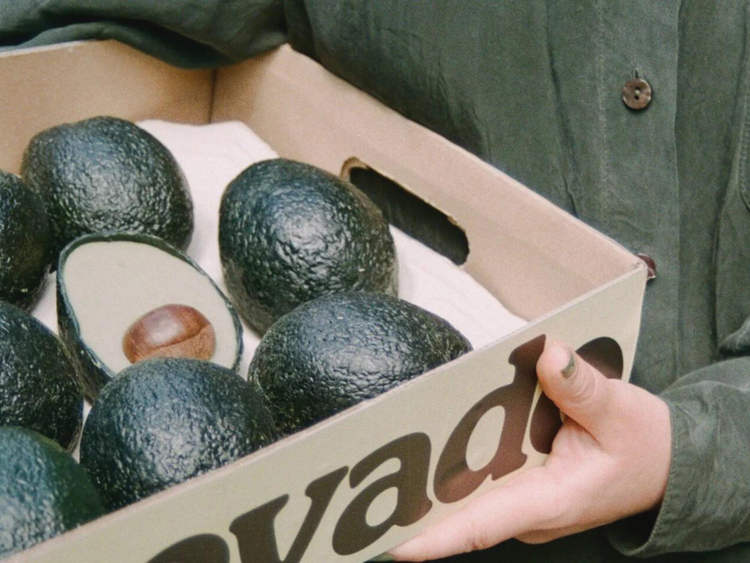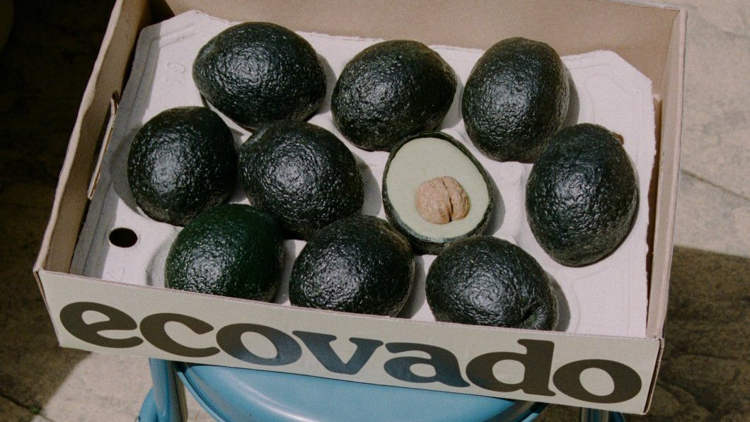The avocado is one of the most energy and resource-intensive plants cultivated around the world, but apparently, you can opt for a more environmentally-friendly alternative called ‘ecovado’.
The popularity of avocados has skyrocketed over the last couple of decades, with the World Economic Forum estimating that about 5 billion kilograms of avocados are consumed annually around the world. However, this significant increase in demand has come at a huge cost for the environment. Forests have been cut down to make room for avocado plantations, and water sources have been sucked dry by what is widely considered one of the most unsustainable crops. It was this worrying development that inspired the creation of the ‘evocado’, a more sustainable avocado alternative.
The ecovado is the creation of Arina Shokouhi. She teamed up with Jack Wallman, a food scientist from the University of Nottingham’s Food Innovation Center, to come up with a substitute for the avocado. It was a massive challenge, as they could only use locally-sourced ingredients for the project.
At first glance, it is difficult to distinguish the ecovado from a real avocado. It has a very similar skin, only it is actually made of beeswax and colored with food coloring. The creamy interior of the fake fruit is made primarily of broad beans, hazelnut, apple, and rapeseed oil, a combination that Shokouhi claims comes pretty close to the creamy avocado flesh.

“The flavor of avocado is quite subtle and, overall, is most often described as ‘creamy’,” said Shokouhi. “On the other hand, broad beans can contain quite a lot of bitter compounds called tannins and can have a beany flavor caused by lipoxygenase. To reduce the bitterness, we reduced the amount of broad beans in the recipe. The flavor of avocado has been described as ‘nutty’. So we used creamed hazelnuts which would bring a good amount of fat, adding to the creaminess.”
As for the large pit of the ecovado, Arina Shokouhi experimented with a number of options, including balls made of wood or recycled paper, but ultimately settled for the most uncomplicated solution – a large whole nut (walnut, chestnut or hazelnut).
The ecovado was Shokouhi’s final-year project. It was designed for the UK market, using ingredients that were easily sourceable at a local level. Better variants could thus be created somewhere else, like in regions that have easy access to olive oil (a fat very similar to that of the avocado), for example.
Story by: www.odditycentral.com

